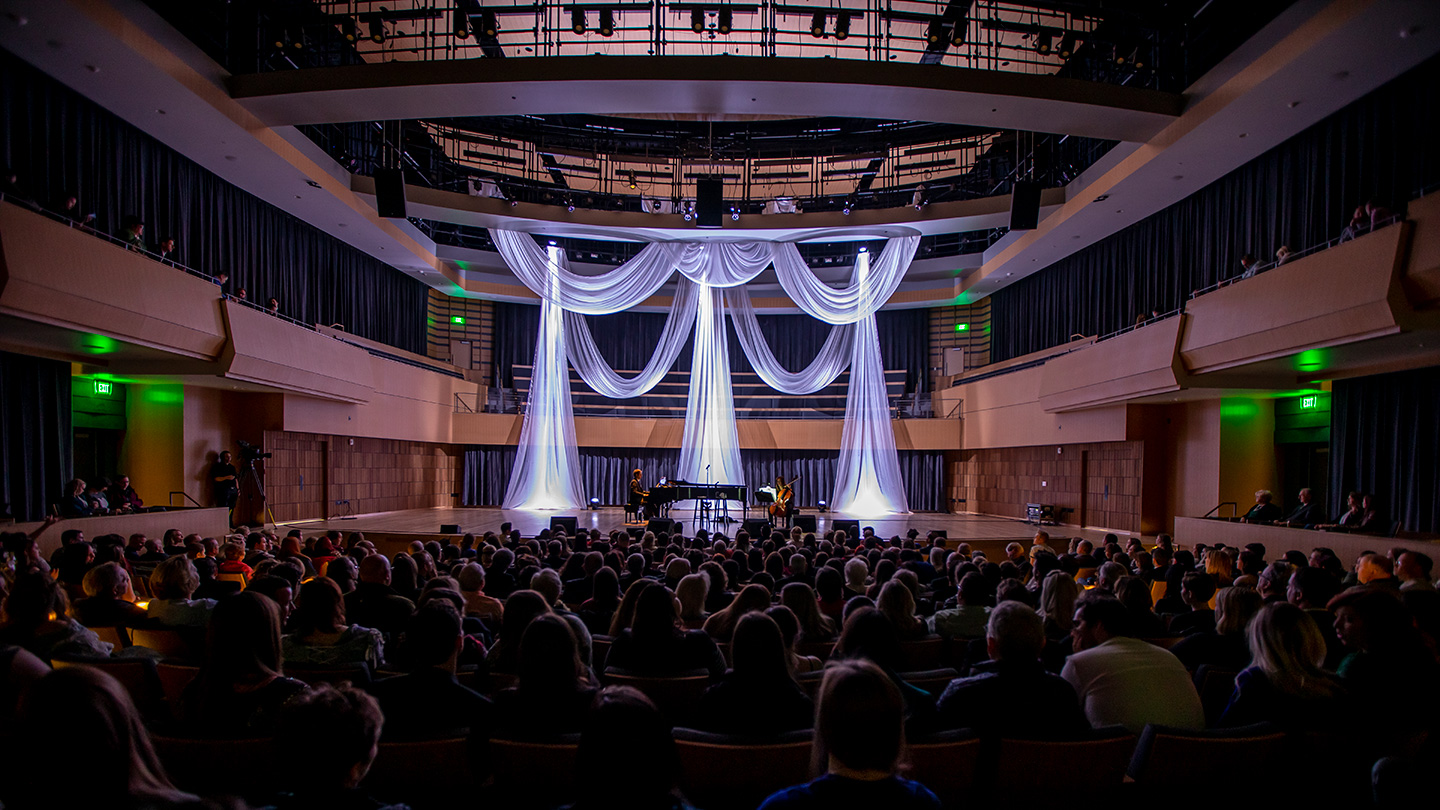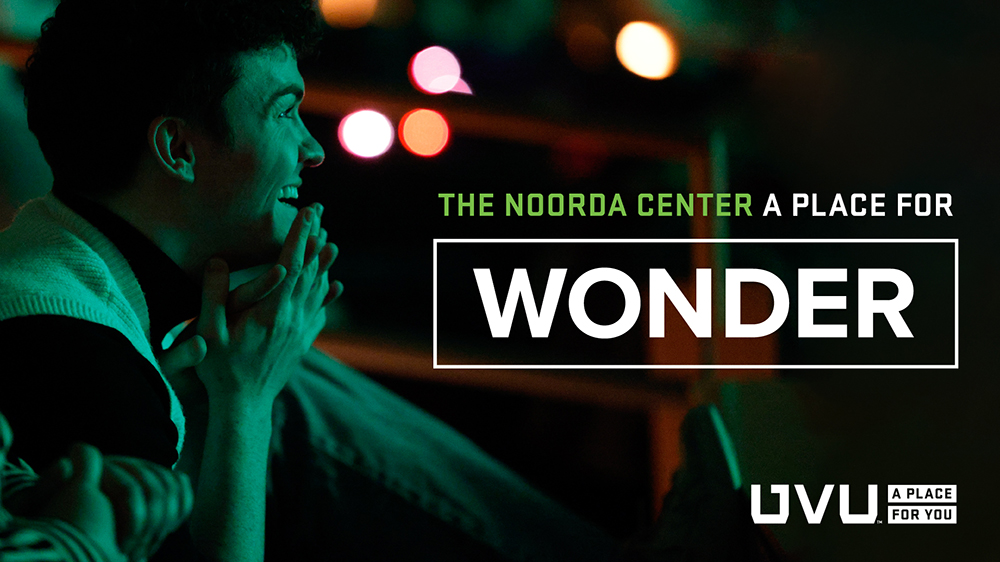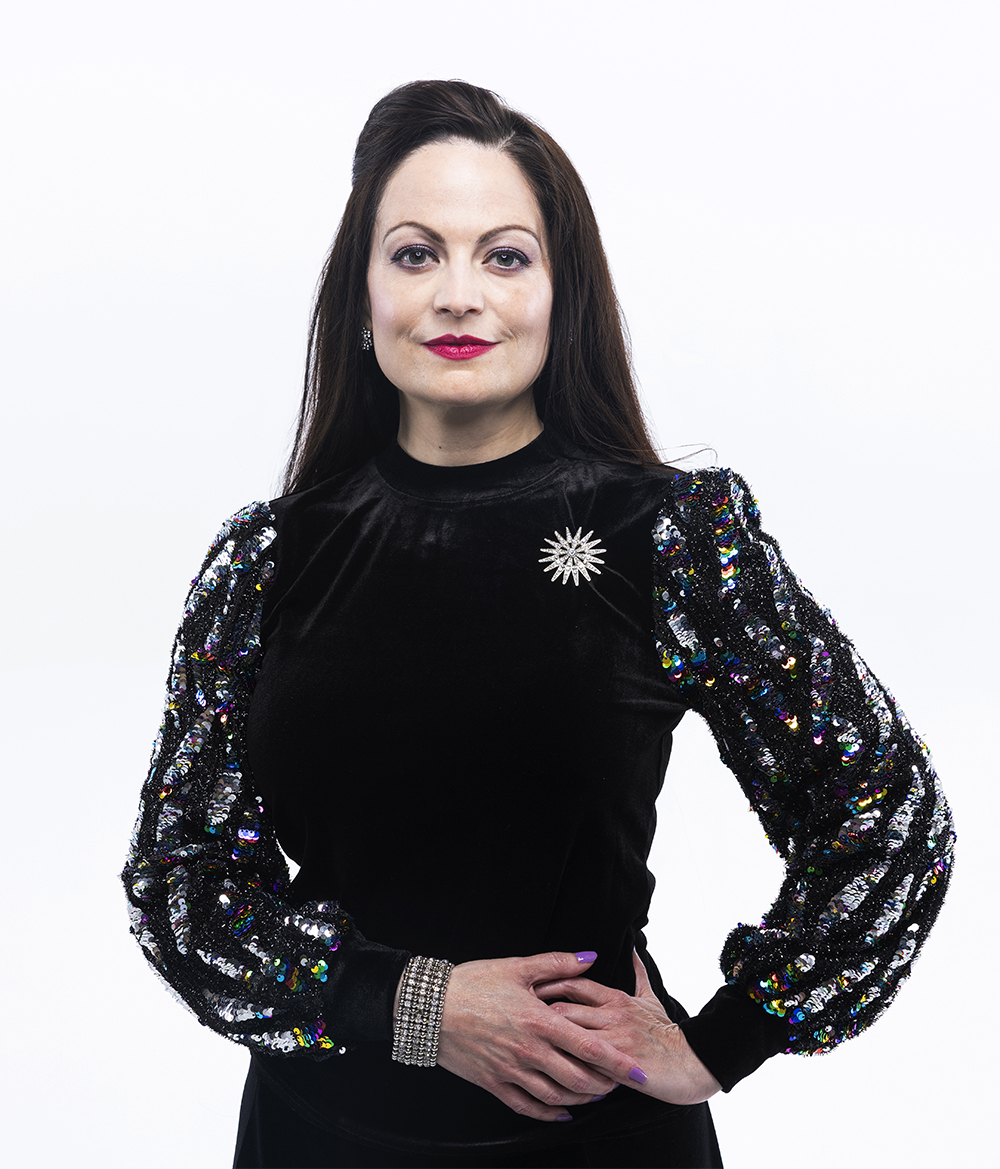Werther is an operatic adaptation of Johann Wolfgang von Goethe's The Sorrows of Young Werther, a novel that had a profound impact on 18th-century European society. Published in 1774, The novel's exploration of emotional extremes and the glorification of individual passion resonated powerfully in the Romantic era, sparking what became known as the "Werther Fever," influencing fashion, art, and even inciting a wave of copycat suicides across Europe. The theme of suicide, central to both the novel and the opera, invites us to reflect on the dangers of unchecked emotion and the societal pressures that often isolate individuals in their darkest moments.
In adapting this intense story, Massenet infuses the opera with lush, richly textured music that mirrors the inner turmoil of its characters. Werther's growing obsession and despair is painted into the score, using sweeping orchestration and heart-rending melodies. Massenet's ability to evoke such extreme emotional states is one of the great achievements of this work.
Albert returns home. He knows that Werther is in town, and he asks Charlotte if she plans to see him. Then he sees a note from Werther indicating he has borrowed Albert’s pistols. Charlotte fears that Werther is going to use the guns to kill himself, but Albert orders his wife to hand them over. As soon as Albert leaves the room, Charlotte rushes off to save Werther.
|
Assistant Director Orchestra Stage Manager Technical Director Costume Design Sound Design Intimacy Coordinator |
Conductor Rehearsal Pianists/ Children's Choir Director Scenic Design Lighting Design Hair and Wig Design |
|
Werther (Blue Cast) Charlotte (Blue Cast) Sophie (Blue Cast) Albert (Blue Cast) Le Balli Johann (Blue Cast)/ Brülmann (Green Cast) Kätchen/ Ensemble/ Clara (Cover) Ensemble/ Karl (Cover) Ensemble/ Fritz (Cover) Clara Gretel Max |
Werther (Green Cast) Charlotte (Green Cast) Sophie (Green Cast) Albert (Green Cast) Schmidt Brülmann (Blue Cast)/ Johann (Green Cast) Ensemble/ Hans & Gretel (Cover) Ensemble/ Max (Cover) Ensemble Hans Karl Fritz |
Cheung Chau
Conductor
|
1st Violins 2nd Violins Violas Cellos Basses Flutes |
Oboe Oboe/English horn Clarinets Bassoons Saxophone Horns Trumpets Trombones Tuba Timpani Percussion Harps Keyboard
|
ACt I: The Baliff's House, early june
The newly widowed Bailiff is, oddly, rehearsing a Christmas carol with his young children on a warm summer evening. Since the death of his wife, his eldest daughter, Charlotte, has been looking after the family. Two of his drinking friends stop by and discuss the young poet Werther, who is to escort Charlotte to a ball that evening. They also ask about Charlotte’s absent fiancé, Albert.
After the family disappears into their house, Werther appears. Looking around him, he reflects on the beauty of nature, which seems to him full of hope and possibility. Charlotte returns, dressed for the ball. She gives her younger siblings a snack and leaves them in the care of Sophie, her 15-year-old sister. Werther watches. He is deeply touched by the idyllic scene.
Werther and Charlotte leave for the ball, and the Bailiff sets off to join his friends at the inn. Sophie remains alone as night falls. When Albert suddenly appears, Sophie is surprised: He has been gone a long time, and he told no one that he was planning to return home. Sophie and Albert talk happily of his planned marriage to Charlotte, which can finally take place now that he has returned.
Charlotte and Werther dance at the ball. Each feels a remarkably strong connection to the other. When they return to the Bailiff’s house, Werther praises Charlotte’s beauty and devotion to her family. Werther passionately declares his love for her, and they are about to kiss when the Bailiff calls out from the house that Albert is back. The spell is broken. Charlotte tearfully tells Werther that she promised her mother she would marry Albert. She cannot dishonor her mother’s memory by breaking the engagement. Werther is devastated by this news.
ACT II: Outside a tavern in a town square, late September
The town prepares for a party for the pastor’s wedding anniversary. Charlotte and Albert have already been married for three months. Werther has maintained a friendship with the couple, but he is tormented by the idea that Charlotte is married to another man. To Werther’s surprise, Albert seems to understand what he is going through, and in a moment of candor he tells Werther that he, too, would find it unbearable if he lost Charlotte. Werther assures Albert that he thinks of Charlotte only as a friend.
Sophie enters and happily invites Werther to dance that evening at the party, but Werther, brooding, avoids her overtures of friendship. When Charlotte appears, however, he cannot prevent himself from recalling their first meeting. It is clear that Werther still loves her. Charlotte reminds him that she is now married. For both of their sakes, she says, he must leave town and not return until Christmas. Charlotte quickly departs.
Left alone, Werther thinks about the one sure way of ending his suffering: suicide. Sophie returns to invite him to the festivities, but he brusquely replies that he is departing forever and rushes off, leaving her in tears. When Sophie tells her family that Werther has left, Albert realizes that Werther is still in love with Charlotte. The celebration for the wedding anniversary begins.
ACT III: Charlotte and Albert’s house, Christmas Eve
Alone in her library, Charlotte obsessively reads Werther’s letters, admitting to herself that she loves him as much as he loves her. Sophie arrives and tries to cheer her up, but Charlotte is inconsolable.
Suddenly Werther appears, utterly desolate. He tells Charlotte that he’s still in love with her, and he begs her to admit that she loves him. But as his pleas turn to threats, Charlotte becomes increasingly terrified, torn between her love for Werther and her fear of him. When Werther kisses Charlotte, she panics and runs from the room, swearing that they will never meet again. Werther replies that, for him, this is a death sentence.
Albert returns home. He knows that Werther is in town, and he asks Charlotte if she plans to see him. Then the servant hands him a note from Werther asking to borrow Albert’s pistols. Charlotte fears that Werther is going to use the guns to kill himself, but Albert orders his wife to hand them over. As soon as Albert leaves the room, Charlotte rushes off to save Werther.
ACT IV: Werther’s study
Charlotte arrives to find Werther mortally wounded. He asks her not to call for help, since he’d rather spend the last moments of his life enjoying her presence. She admits that she has loved him since they first met. As the children’s Christmas carol is heard outside, Werther dies in Charlotte’s arms.
(Synopsis courtesy of the Metropolitan Opera)

As we prepare to welcome the community to experience the wonder at The Noorda, I’d like to thank you for making it all possible.
The performing arts inspire us to engage with others, discover new ways of thinking and feeling, and provides us with hope—in short, we believe the arts transform you. As an exciting hub for the arts in Utah County, we produce hundreds of performances by talented students, faculty, and world-renowned visiting artists. We invite everyone to join in connecting through the arts.
As part of UVU’s inaugural EverGREEN fundraising campaign, I invite you to make a gift to UVU’s Noorda Center for the Performing Arts today.
Your gift impacts not only students, but everyone who comes to The Noorda by ensuring programming and exciting artistic creation continues.
Please make a gift today by clicking below. Thank you!


The arts possess the sublime power to inspire, engage, and transform. Just as a solitary note holds the ability to captivate, a single voice, gesture, or melody possesses the ineffable power to carry us away.
We invite you to embark upon a new journey with us this season at The Noorda Center—home to inspiring events and an exciting hub for the arts in Utah County. Our mission is to produce and present artistic excellence, which would not be possible without the generous support of our donors and sponsors. We thank them and express our deep gratitude to all patrons, supporters, and friends of The Noorda Center.
Thank you for journeying with us this season to experience the profound and transformative power of the arts! —Courtney R. Davis, Dean, School of the Arts
Courtney R. Davis, J.D., M.A.
Dean, School of the Arts
Department Chair
JEFFREY O'FLYNN
Associate Chair
MELISSA HEATH
Administrative Assistant
CHRIS GINES
Choirs
REED CRIDDLE
CHERILYN WORTHEN
Orchestra/Cello
CHEUNG CHAU
Violin
DONNA FAIRBANKS
Clarinet
JEFFREY O’FLYNN
Trumpet/Music Theory
RYAN NIELSEN
Percussion
SHANE JONES
Piano
HILARY DEMSKE
Jazz/Commercial
DAVID BAKER
Voice
MELISSA HEATH
ISAAC HURTADO
Commercial Music
CHARLIE HAN
TODD SORENSEN
Theory
BRYCE RYTTING
Musicology
ROSS HAGEN
Director of Bands
CHRIS RAMOS